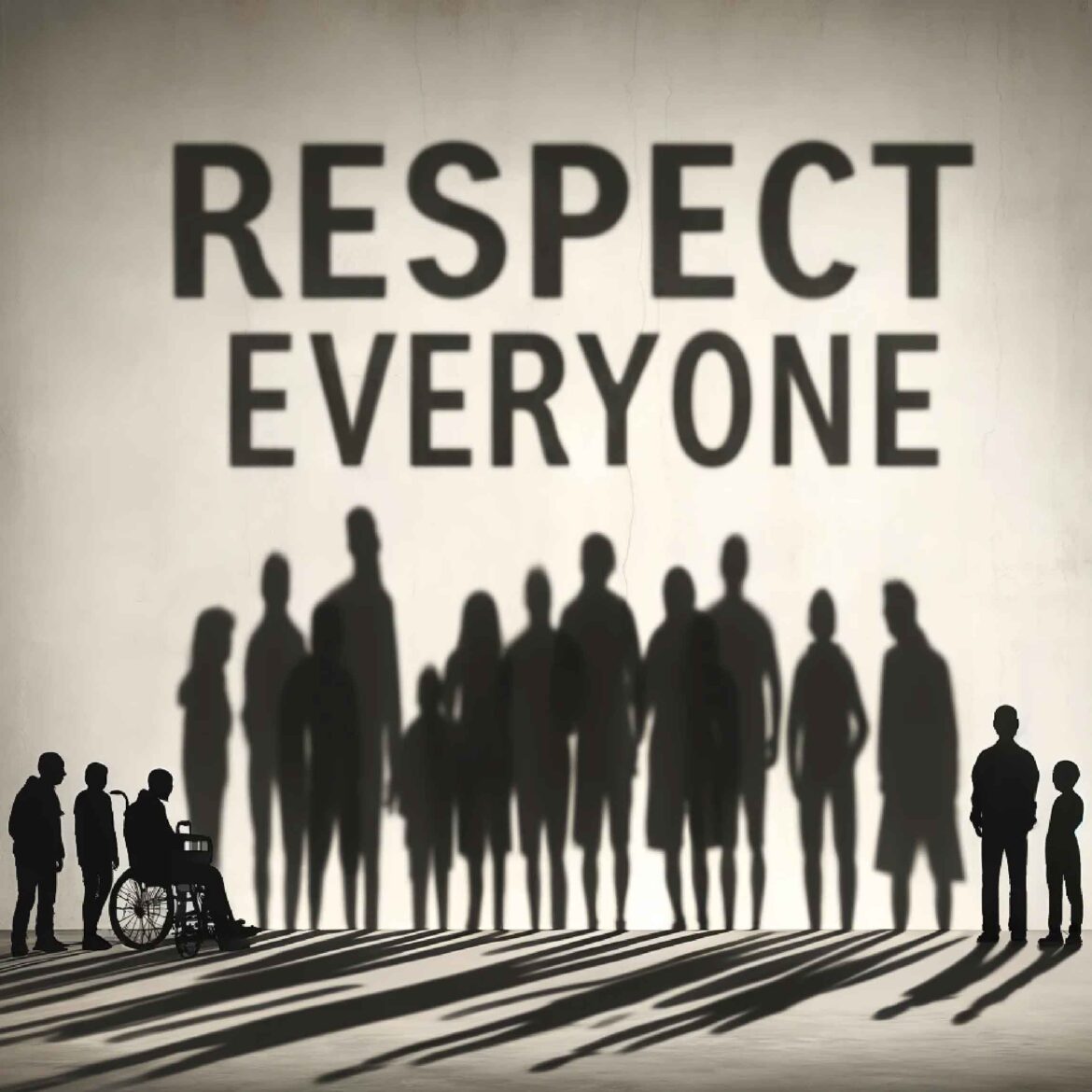Introduction
In a world brimming with diverse personalities, beliefs, and ideologies, the phrase “I fear no one, but respect everyone” serves as a powerful testament to the values of courage, humility, and respect. Popularized by Tymoff, this philosophy transcends mere words, embodying a way of life that encourages individuals to navigate the complexities of human interactions with grace and strength.
“I Fear No One, But Respect Everyone”
At the heart of this philosophy lies the delicate balance between fearlessness and respect. Unlike fear, which can paralyze, respect empowers and fosters understanding and compassion. This section delves into the origins and implications of living by this creed, highlighting its role in shaping one’s character and interactions with others.
The Role of Fear and Respect
Understanding the interplay between fear and respect is crucial. Fear, often seen as a hindrance to personal growth, can also be a catalyst for development when properly channeled. Respect, on the other hand, is the foundation upon which meaningful relationships are built. This part explores how respecting others, regardless of their status or background, can lead to a richer, more fulfilling life.
Implementing the Philosophy
In Personal Life
Embracing this philosophy in personal life means overcoming challenges with courage and fostering relationships based on mutual respect. This segment offers insights into how individuals can cultivate self-confidence and humility, essential traits for personal development.
In Professional Settings
In the professional realm, “I fear no one, but respect everyone” translates to leadership styles that inspire and motivate. This section examines the impact of fearlessness and respect on team dynamics and organizational culture.
In Community and Society
At a societal level, this philosophy underpins efforts towards inclusivity and diversity. It champions the idea that respect for all voices, especially the marginalized, is key to building stronger, more cohesive communities.
Historical Figures and the Philosophy
History is replete with figures who embodied this creed. From political leaders to activists, their legacies offer valuable lessons on the power of living fearlessly while holding respect for others in high regard.
Challenges and Criticisms
Despite its virtues, the philosophy is not without its detractors. This section addresses common misunderstandings and critiques, arguing for a nuanced understanding of the interrelation between fear and respect.
Psychological Perspective
The psychological underpinnings of fear and respect play a significant role in cognitive development. This part explores how adopting this philosophy can influence one’s mental and emotional well-being.
Cultural Influences
The interpretation and implementation of this philosophy vary across cultures. This segment provides a global perspective, illustrating the universal appeal and adaptability of the principle of respecting everyone.
Practical Tips for Living by the Quote
Living by Tymoff’s words requires conscious effort and dedication. Here, readers will find actionable advice for applying this philosophy in daily life, from personal growth strategies to fostering respectful interactions.
The Future of This Philosophy
As society evolves, so too does the relevance of this philosophy. This concluding section reflects on its sustainability and potential to shape future generations, emphasizing the timeless nature of its core message.
Conclusion
“I fear no one, but respect everyone” is more than a quote; it’s a guiding principle for leading a life marked by integrity, courage, and compassion. In embracing this philosophy, individuals can inspire change, nurture relationships, and contribute to a world where respect is a universal language.
FAQs:
How can fear be a positive force in personal development?
Fear, often perceived negatively, can be a powerful motivator when channeled correctly. It pushes individuals out of their comfort zones, encouraging growth and resilience. Facing fears, rather than fleeing from them, can lead to breakthroughs in personal development, helping one to build courage and confidence.
What are practical ways to show respect in daily interactions?
Respect in daily interactions can be shown through active listening, empathy, and open-mindedness. Acknowledging others’ perspectives, treating everyone with kindness and courtesy, and practicing inclusivity in conversations are tangible ways to demonstrate respect in everyday life.
Can this philosophy apply to leadership and management styles?
Absolutely. Leadership and management that embody the principle of fearing no one but respecting everyone can inspire trust, loyalty, and high performance among team members. Such leaders are approachable, fair, and considerate, fostering a positive and productive work environment.
How do different cultures interpret and implement this principle?
Cultural interpretations of fearing no one but respecting everyone vary widely. In some cultures, respect is shown through specific rituals or forms of address, while in others, it may be more about the equality of voices and ideas. Despite these differences, the underlying principle of respect is a universal value that transcends cultural boundaries.
What are the challenges of living by this philosophy in today’s world?
Living by this philosophy in today’s complex and often divisive world can be challenging. It requires a steadfast commitment to personal integrity and the strength to stand by one’s principles in the face of adversity, misunderstanding, or conflict. Balancing fearlessness with respect, especially in heated or polarized situations, demands a high level of emotional intelligence and self-awareness.
How can this philosophy influence one’s approach to conflict resolution?
Adopting a philosophy of fearing no one but respecting everyone can transform conflict resolution by prioritizing empathy, understanding, and mutual respect. Approaching conflicts with an open mind and a willingness to listen can lead to more constructive and harmonious outcomes, fostering deeper connections and resolutions that honor all parties involved.




